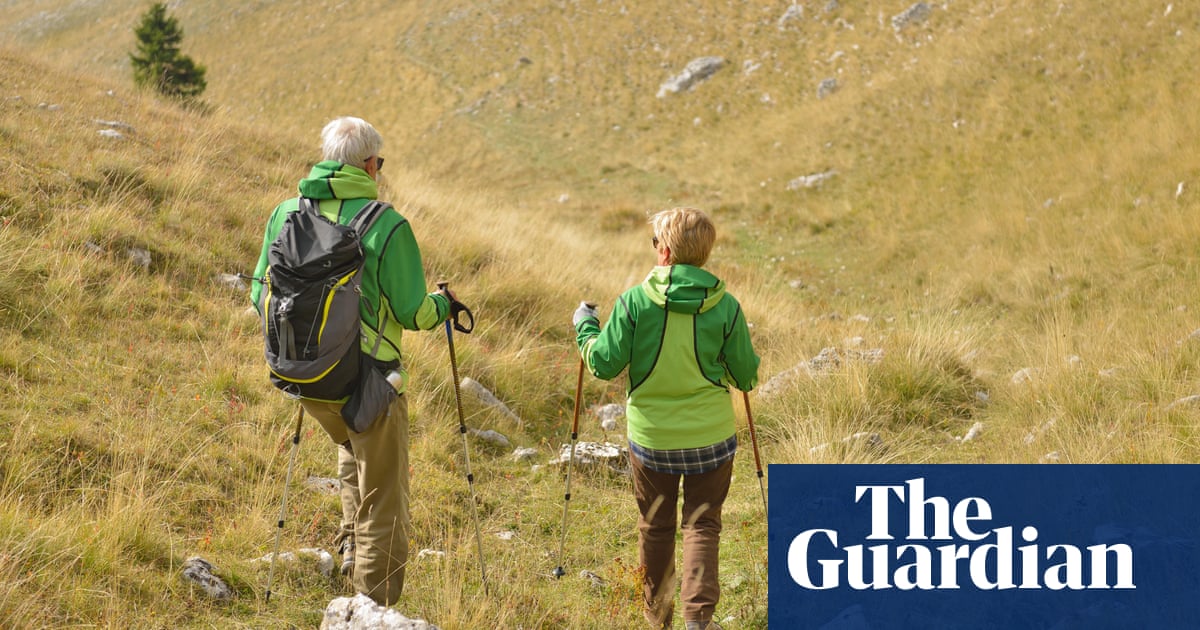0
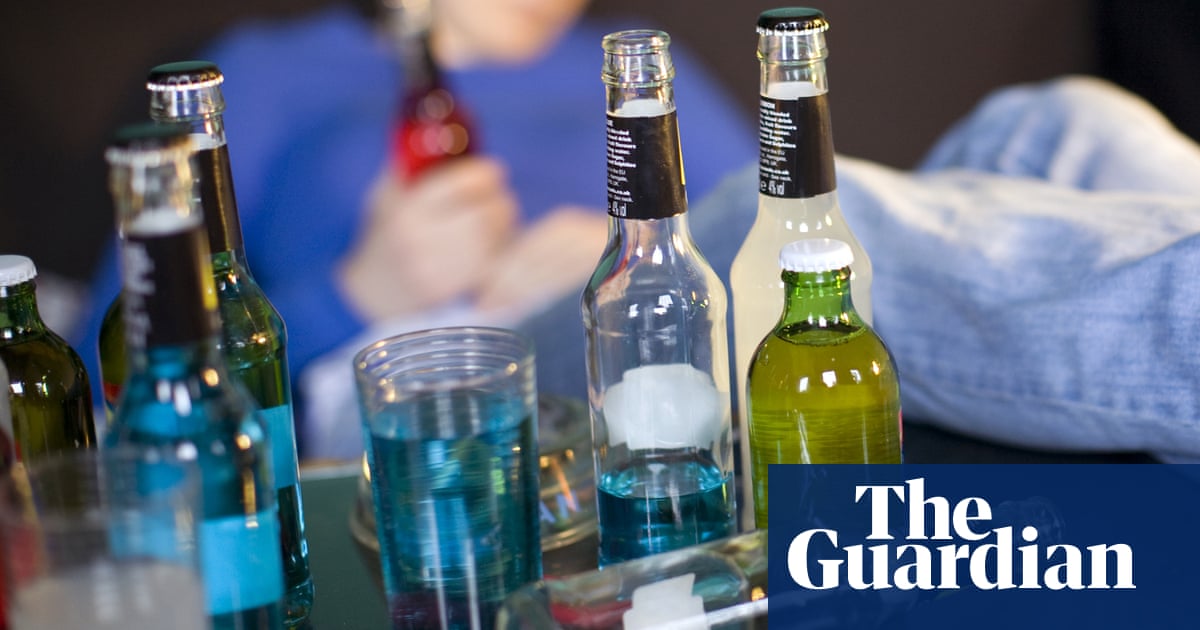
study by World Health Organization shows more than half of children in Britain had drunk alcohol by age 13
0

Industry’s sugar substitute E961 can have ‘toxic effect on health’, says study finding sweetener capable of damaging intestinal bacteria
0
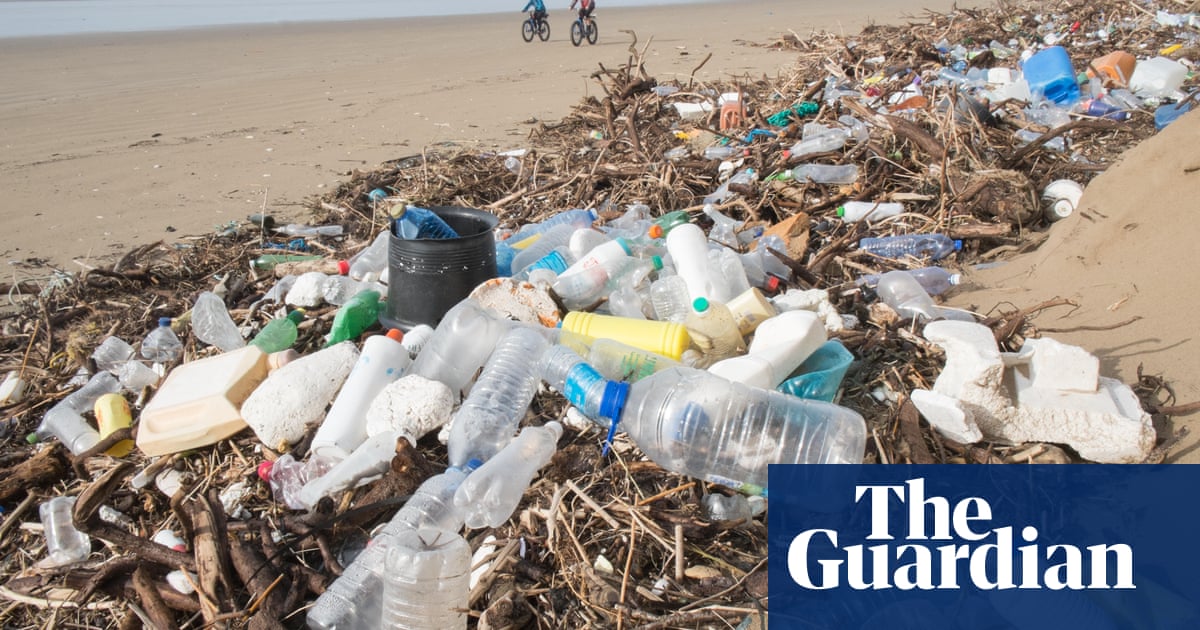
study confirms Philip Morris International, Danone, Nestlé, PepsiCo and Coca-Cola are worst offenders
0
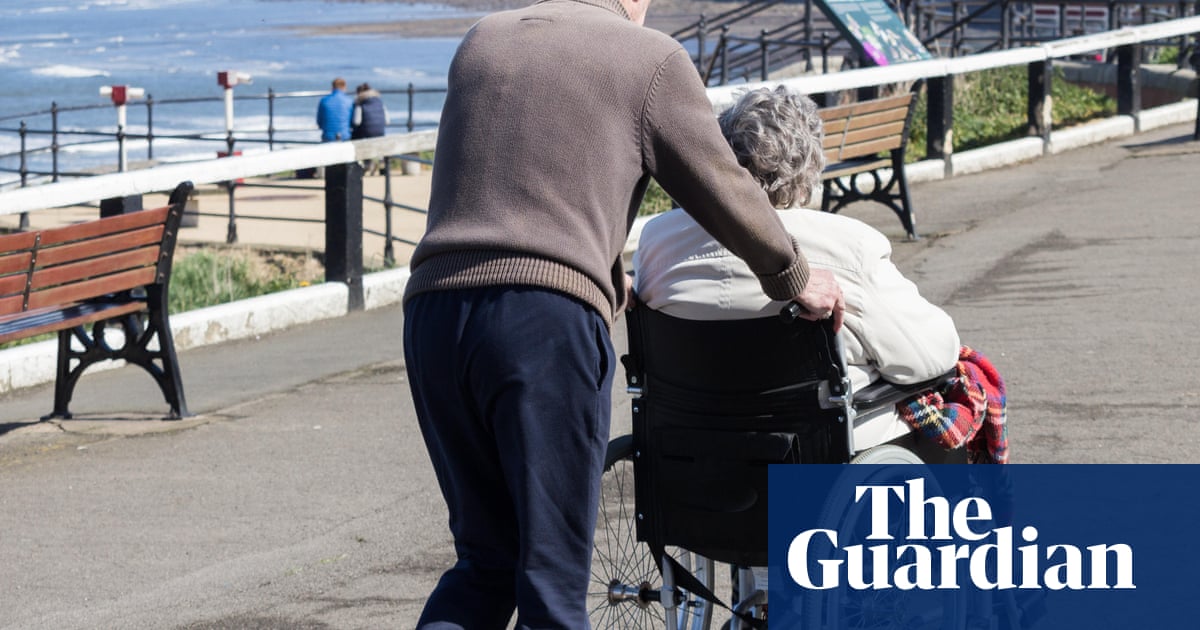
DWP carried out research in response to criticism five years ago but has consistently refused to publish it
0

The findings push back the previous oldest dated example of the trait by nearly 300 million years.
0

study reveals repurposing of ecologically vital land for homes or agriculture is happening particularly rapidly in Asia
0

GCSE results in key subjects to steadily worsen until 2030, predicts research that blames failure to tackle impact of schools lockdown
0

Dabrafenib with trametinib can halt growth of some tumours for more than three times as long as standard chemotherapy, study shows
0
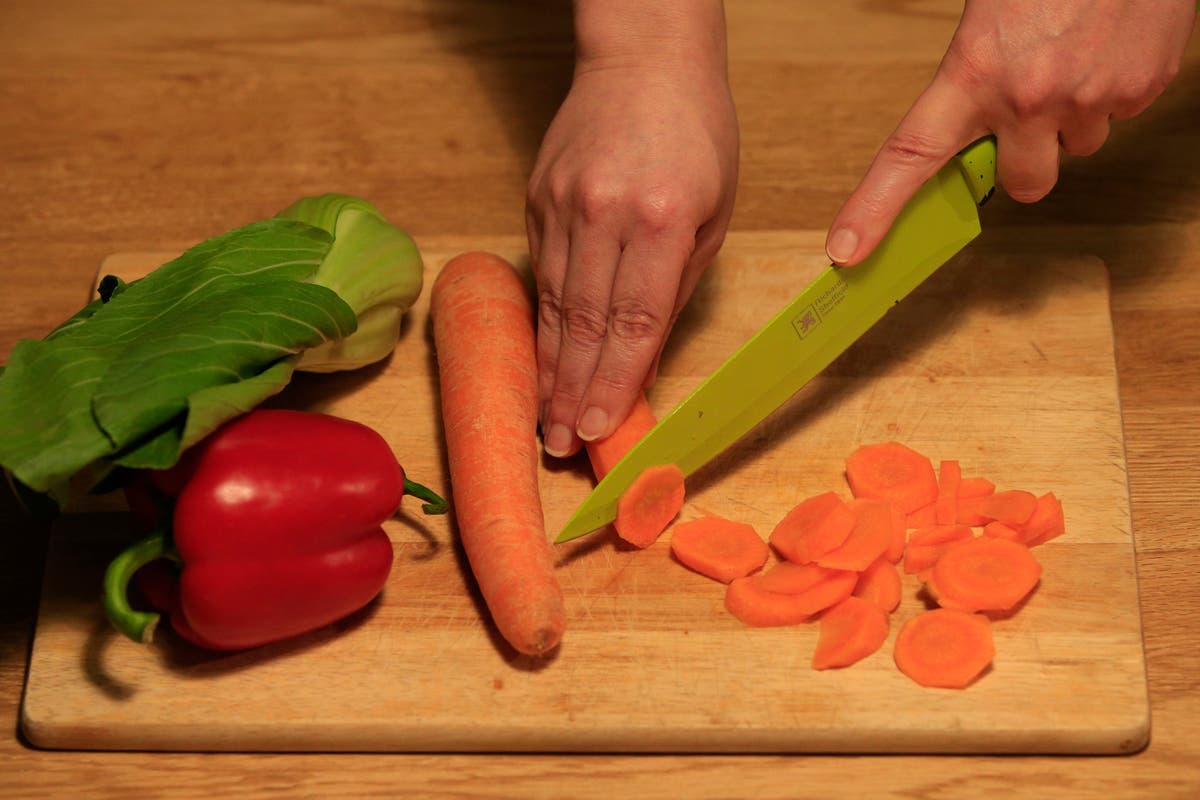
According to the findings, people with a balanced diet demonstrated better mental health and superior cognitive functions.
0

The findings push back the previous oldest dated example of the trait by nearly 300 million years.
0

A recent study shows the reasons the 2022 talks failed are more nuanced than critics suggest, says Emma Ashford of the Stimson Center, Washington DC
0

A river pollution campaigner has described part of the River Thames as a "death trap" after E.coli was found in a sample of water he collected. James Wallace of River Action UK said he found 2963 E.coli colonies per 100ml from water ...
0

Exclusive: study will be aimed at improving medics’ working lives by reducing frequency and repetition of courses
0

Academics at the University of Galway found that people who take part in meetings on apps like Zoom or Teams become more fatigued when they can see themselves on screen



